Nutrition and
Wound Healing
ABINTRA® makes the difference in the nutrition for Wound Healing process
Adequate nutrition is essential for wound healing.
One of the most important factors in successful wound repair is
the patient’s nutritional status and nutrient intake.
Types of wounds

Pressure Ulcers
These are skin lesions secondary to an ischemic process, which can affect the epidermis, dermis, subcutaneous tissue and muscle, and even extend into the joints and bones. Their severity varies according to the degree or level of tissue damage and may compromise the person’s state of health and quality of life. The incidence of pressure ulcers is estimated at 14 to 15% among hospitalized patients and represents one of the most frequent complications in bedridden or mobility-challenged individuals (Whittington 2004). Pressure ulcers result in increased treatment costs and longer hospital stays. Risk factors that contribute to the development of pressure ulcers include age, underlying pathology and nutritional status. Numerous studies have demonstrated that patients with signs and symptoms of malnutrition such as weight loss and poor oral intake are at greater risk of developing pressure ulcers (Guenter 2000, Horn 2004).
Venous Insufficiency Ulcers
These are ulcers on the lower limbs present as a lesion on the skin surface secondary to the detachment of necrotic tissue. Venous ulcers are caused by a deficient exchange of oxygen and other nutrients in tissues which can progress to the point of increasing hydrostatic pressure, causing venous hypertension and, ultimately, dermal ulceration. Protein deficiency is associated with poor healing prognosis in patients with venous ulcers (Legendre 2008).
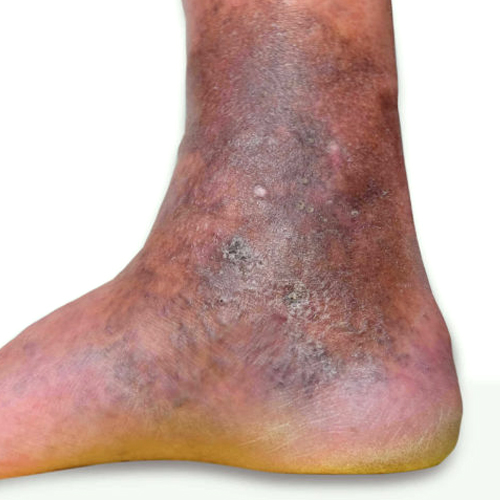

Burns
Burns are skin lesions caused by the exposure of the body to a heat source (thermal, electric, radiation or chemical).
Patients with extensive burns have significantly increased protein and calorie requirements due to hypermetabolic response and wound seepage (Williams 2011). Meeting these nutritional requirements helps reduce complications in burn patients and accelerates wound healing.
Diabetic Foot Ulcers
Diabetes has a damaging effect on blood vessels, nerves and epithelial tissue that can cause the appearance of
cutaneous lesions and ulcers in up to 30% of patients. Patients that develop these lesions have an elevated risk of infection, leading to major complications that may be general or local in nature. The term diabetic foot encompasses conditions that have ulcers as a common denominator. Poor prognosis in this category of wounds is directly associated with poor nutritional status (Zhang 2013).
Improving the nutritional status of these patients may help the healing process of these wounds and reduce the risk progression to obligatory amputation.
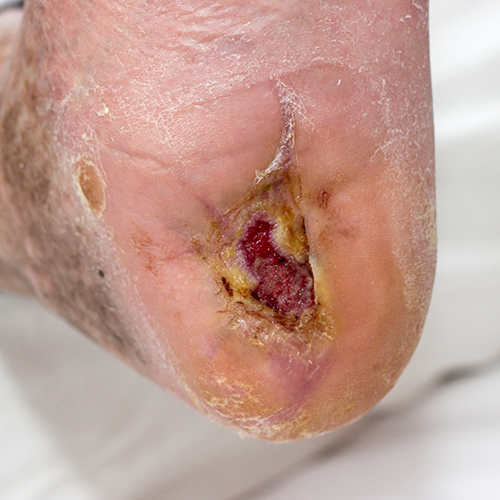

Surgical Wounds
Burns are skin lesions caused by the exposure of the body to a heat source (thermal, electric, radiation or chemical).
Patients with extensive burns have significantly increased protein and calorie requirements due to hypermetabolic response and wound seepage (Williams 2011). Meeting these nutritional requirements helps reduce complications in burn patients and accelerates wound healing.
Nutrients needed for Wound Healing
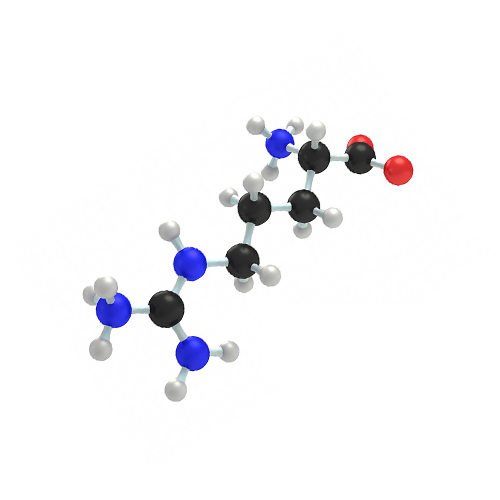
Arginine
This is a conditionally essential amino acid. It is a precursor of Nitric Oxide (NO), which is an endogenous vasodilator that
helps increase blood flow to all body parts.
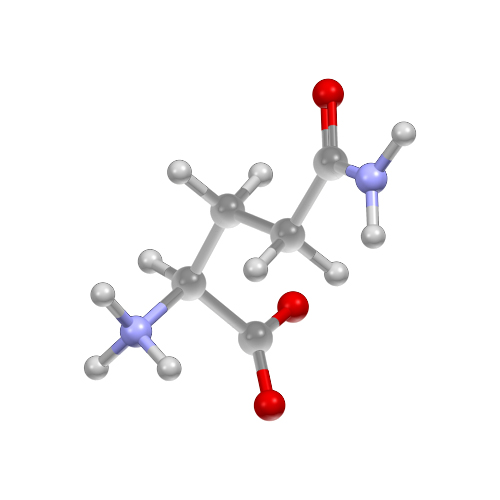
Glutamine
This conditionally essential amino acid is also an important source of energy for fast replicating cells that take part in the healing process such as platelets, polymorphonuclear cells, leukocytes, macrophages and fibroblasts.
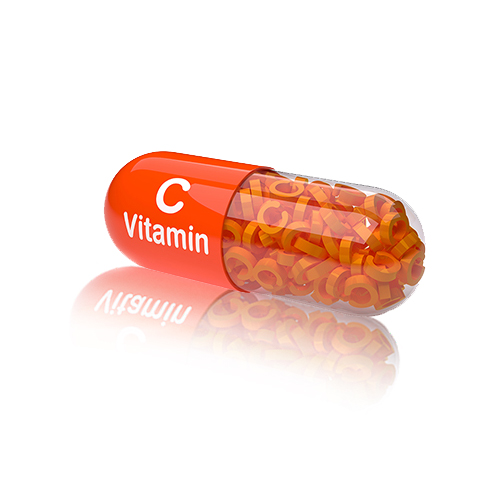
Vitamin C
This vitamin is essential as a collagen synthesis co-factor and to maintain immune function. Ascorbic acid deficiency causes collagen fiber modification and impairs healing.
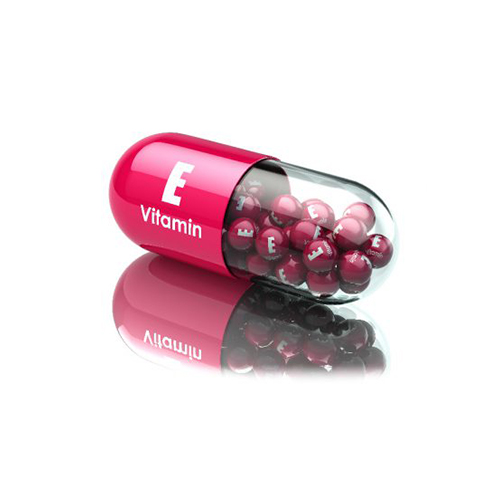
Vitamin E
This vitamin decreases damage caused by excessive free radicals and facilitates healing by improving immune response. However, high doses should be avoided.

Copper
This mineral acts as an antioxidant and is a co-factor in the processing of enzymes such as lysil oxidase, a substance involved in the cross-linking of collagen and elastins.

Zinc
Zinc is required for cell proliferation and growth. It acts with metalloproteinases as a component of cisteine residues, an essential step in tissue repair.
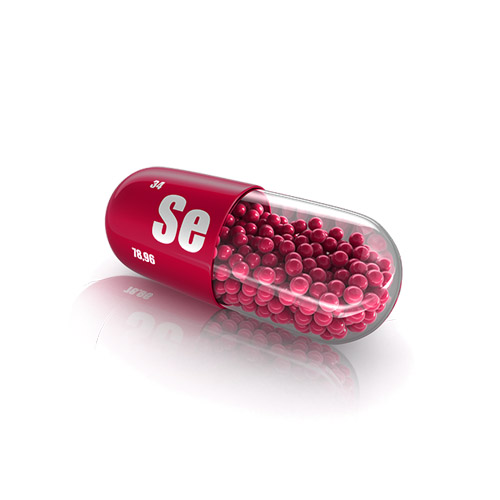
Selenium
This mineral is a component of glutathione peroxidase, which protects cell membranes from lipid peroxidation. Burn patients may require doses of up to 200 mcg/day.

Vitamin B12
Red blood cell maintenance is one of the main functions of this vitamin. This makes it important in the maintenance of adequate hemoglobin levels in order to supply the oxygen required for tissue repair.

